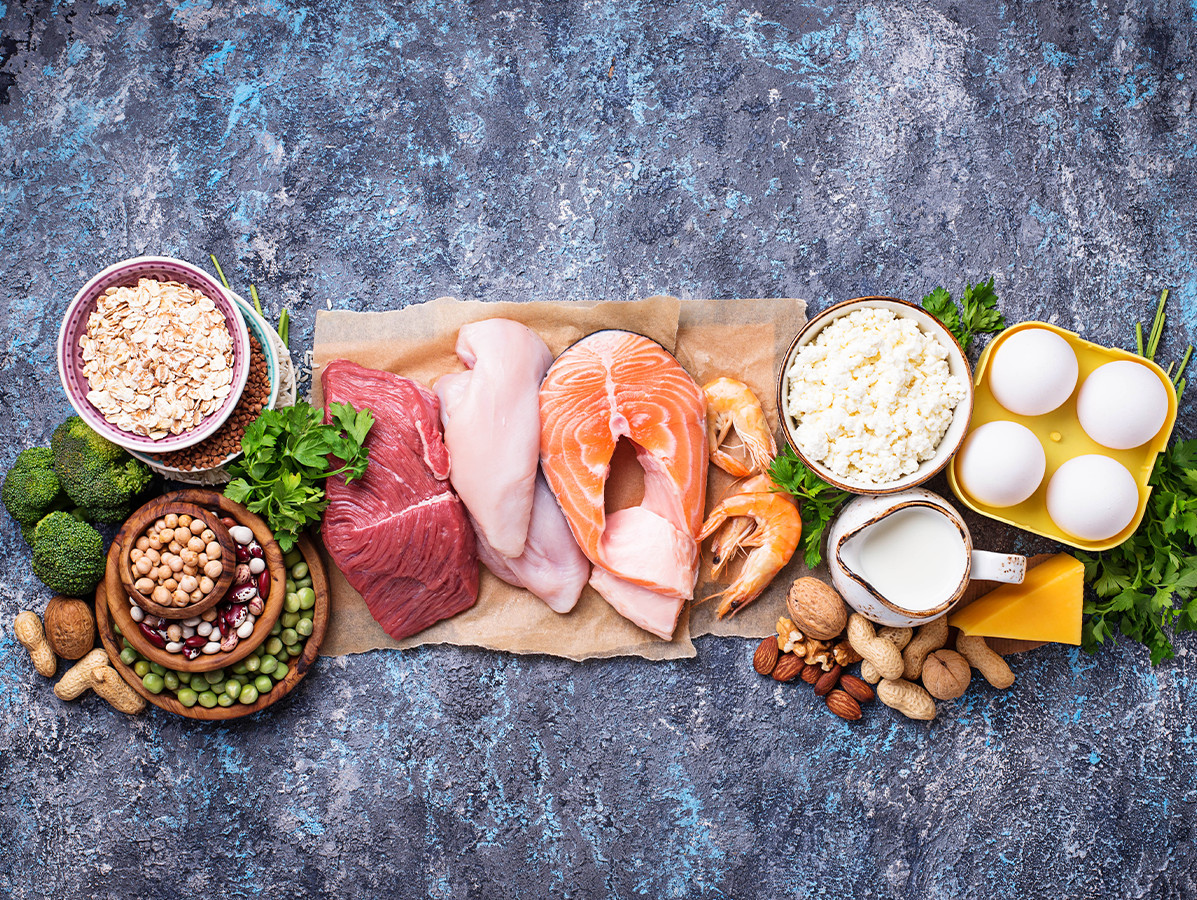
We spent 18% more on sustainable food in 2019 than the year before. Consumers are quite willing to spend more on sustainable food. The supply also grew steadily. Of the more than 56 billion euros we spent on food last year, 7.7 billion euros was spent on sustainable food. In 2018, that was still EUR 6.5 billion. This is stated in the Sustainable Food Monitor of Wageningen Economic Research.
Wageningen Economic Research conducted research in supermarkets, foodservice (catering) and shops that specialise in sustainable food and looked at the product groups potatoes, fruit and vegetables, bread, cereals, biscuits and cakes, eggs, long-life products, composite meals, coffee, tea, fish, meat, meat products, dairy products and beverages.
The On The Way to PlanetProof label deserves a special mention because it has recently been introduced on many products such as potatoes, onions, fruit, vegetables, herbs, dairy, eggs and beverages. So there is a good chance that you will reach for a product with this label. Consequence of this upscaling: a five times higher turnover in 2019 than in 2018, i.e. 492%.
Products with the Beter Leven Quality Mark are the most sold. Some 2.8 billion of these products went over the counter in 2019. This was followed by the Biological label (1.6 billion) and we spent 1.5 billion on products with the UTZ Certified label.
People spent the most on sustainable meat and meat products, coffee and tea and long-life products, compound meals and other things. In particular, we bought eggs and dairy products much more than last year. We bought 81% more sustainable dairy products and 58% more sustainable eggs than last year. Meat and meat products increased by 10%.
Click here for the Sustainable Food Monitor 2019(Dutch only)
wur.nl
Source: Wageningen University & Research